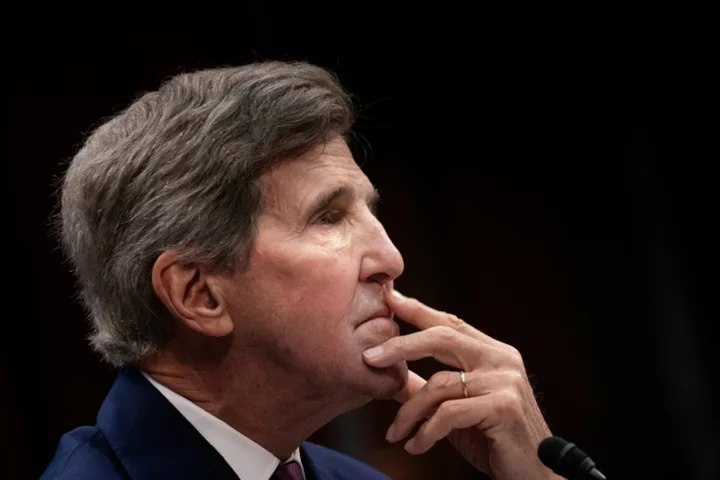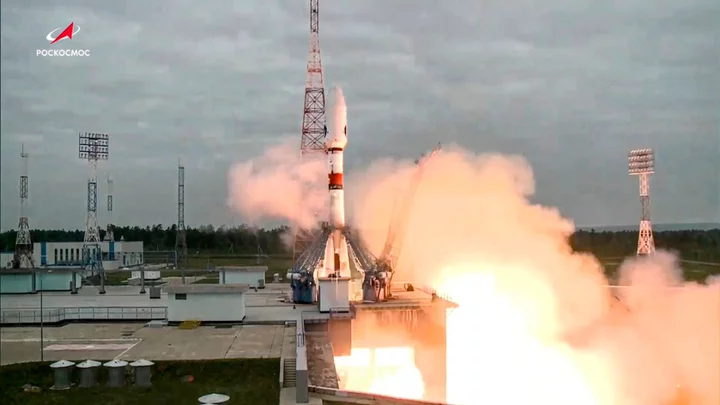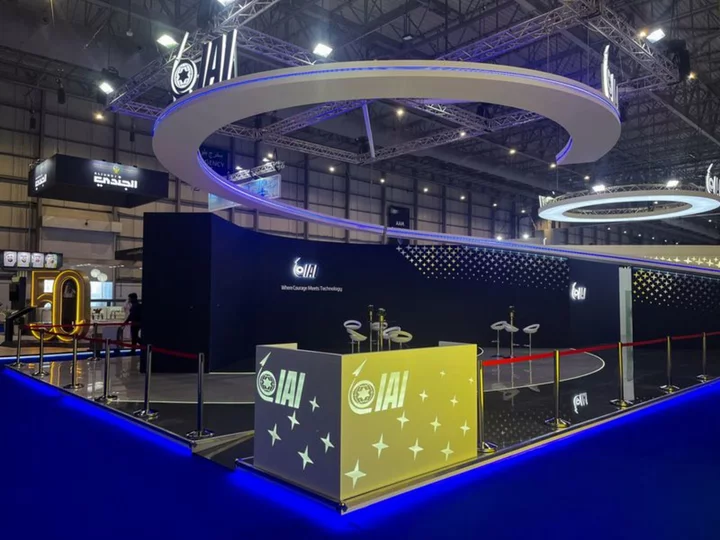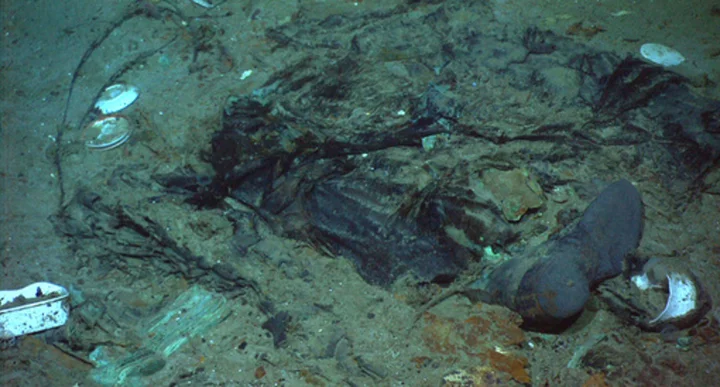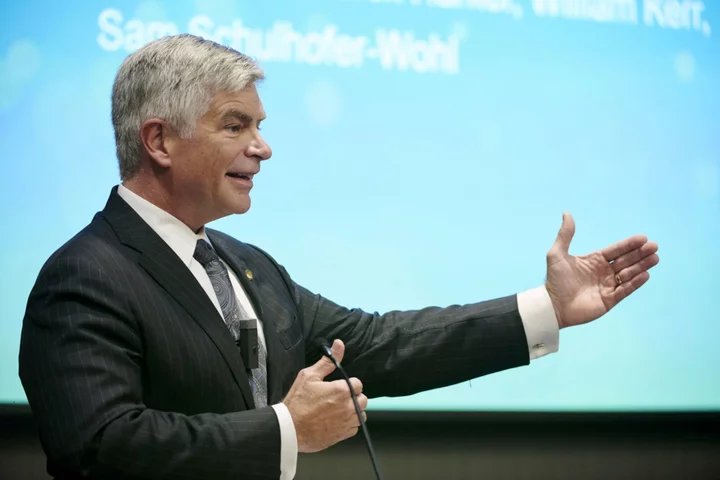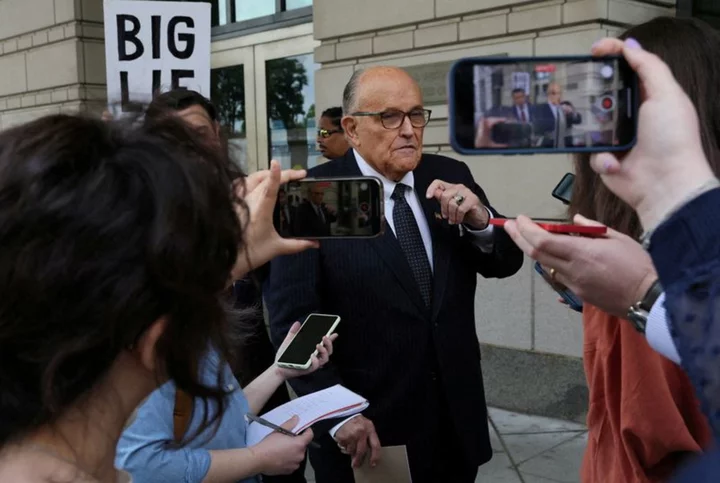US climate envoy John Kerry was in Beijing on Monday to revive stalled talks and pressure China to step up its efforts to reduce planet-warming emissions.
Bilateral climate talks stalled last year after Nancy Pelosi, then speaker of the US House of Representatives, enraged Beijing by visiting self-ruled Taiwan, which China considers to be part of its territory.
But Kerry, a former secretary of state, has enjoyed comparatively cordial and consistent relations with China despite Washington and Beijing locking horns over Taiwan and a number of other thorny issues.
He is likely to have his work cut out for him, however, with US National Security Advisor Jake Sullivan telling CNN on Sunday that Kerry would press China not to "hide behind any kind of claim that they are a developing nation" in order to slow-roll efforts to cut emissions.
"Every country, including China, has a responsibility to reduce emissions," Sullivan said.
"And the world, I do believe, should step up and encourage -- indeed, pressure -- China to take far more dramatic action to reduce emissions."
China has long used its official status as a developing nation to justify its high emissions, with Sullivan saying "there is more work for them to do on that front".
"Secretary Kerry will make that point when he's in Beijing," he added.
Kerry's trip comes on the heels of two other high-profile visits by US officials -- Secretary of State Antony Blinken and Treasury Secretary Janet Yellen -- that were aimed at stabilising US-China ties.
It also comes in the midst of record-setting summer heatwaves spanning the northern hemisphere, which scientists say are being exacerbated by climate change.
During the visit, he is expected to meet with his Chinese counterpart, Xie Zhenhua.
Washington has identified climate as an area for potential cooperation with Beijing, despite the tensions elsewhere.
As the leading producer of the greenhouse gases driving climate change, China has pledged to peak carbon emissions by 2030 and achieve complete carbon neutrality by 2060.
President Xi Jinping has also said that the country will reduce its use of coal from 2026.
But Beijing in April approved a major surge in coal power -- a move Greenpeace said prioritised energy supply over the emissions reduction pledge -- fuelling concerns that China will fail to meet its targets.
bur-oho/je/smw

